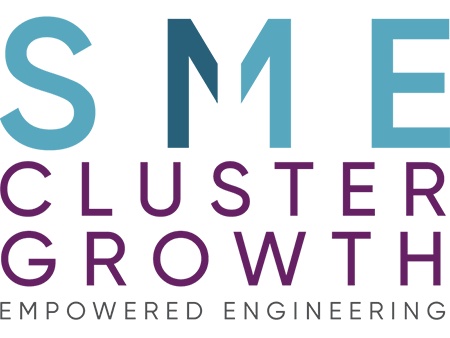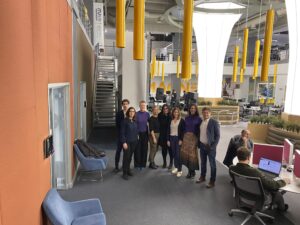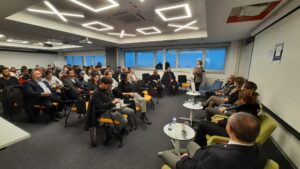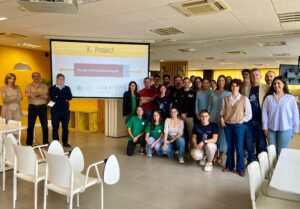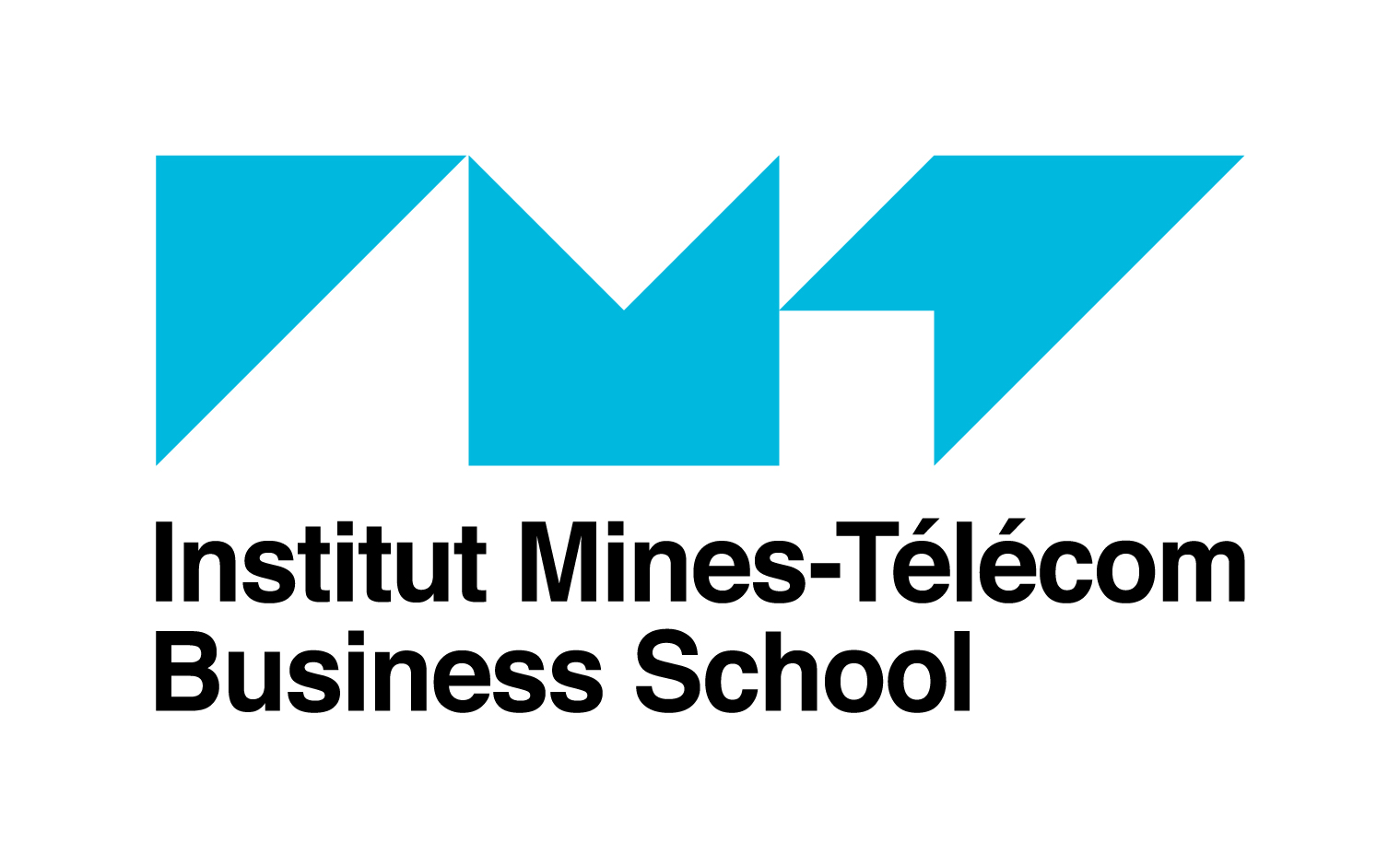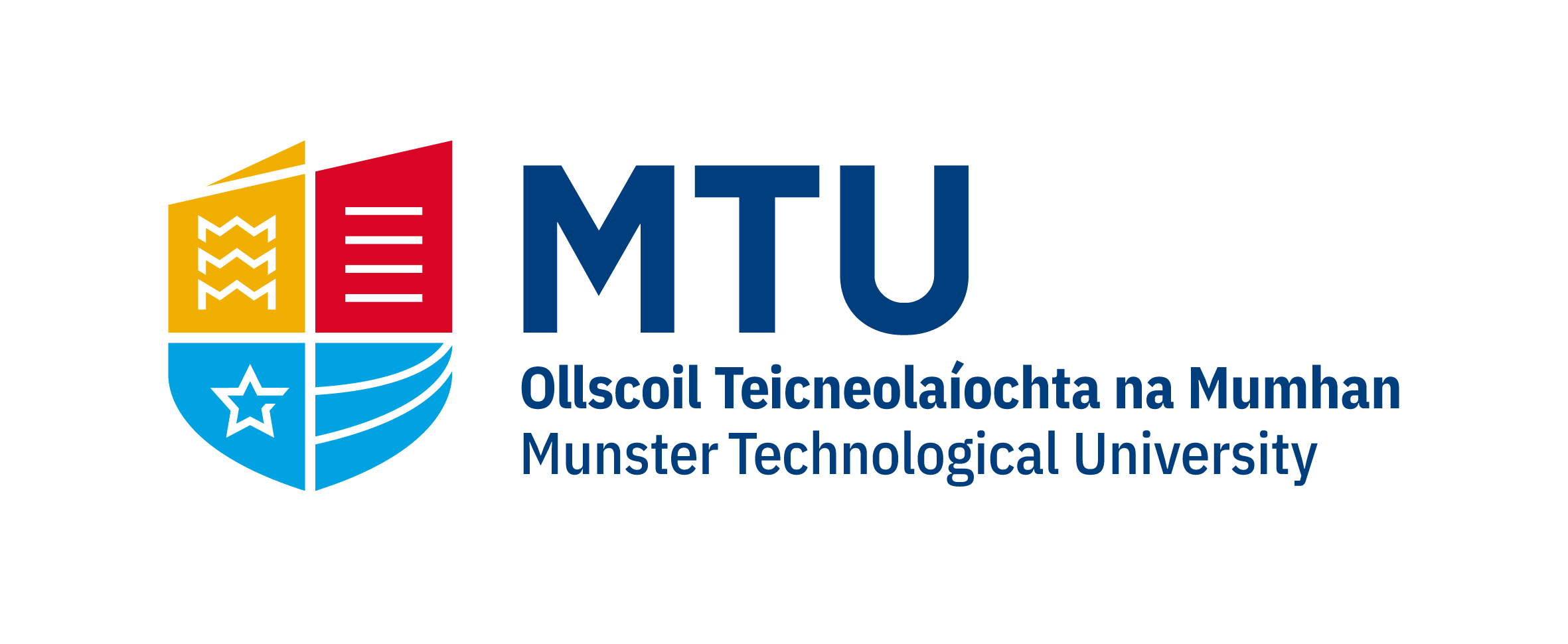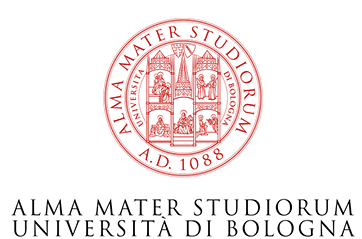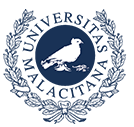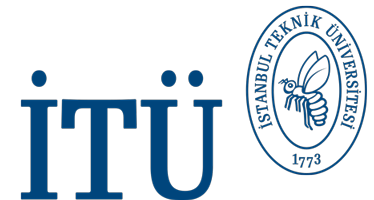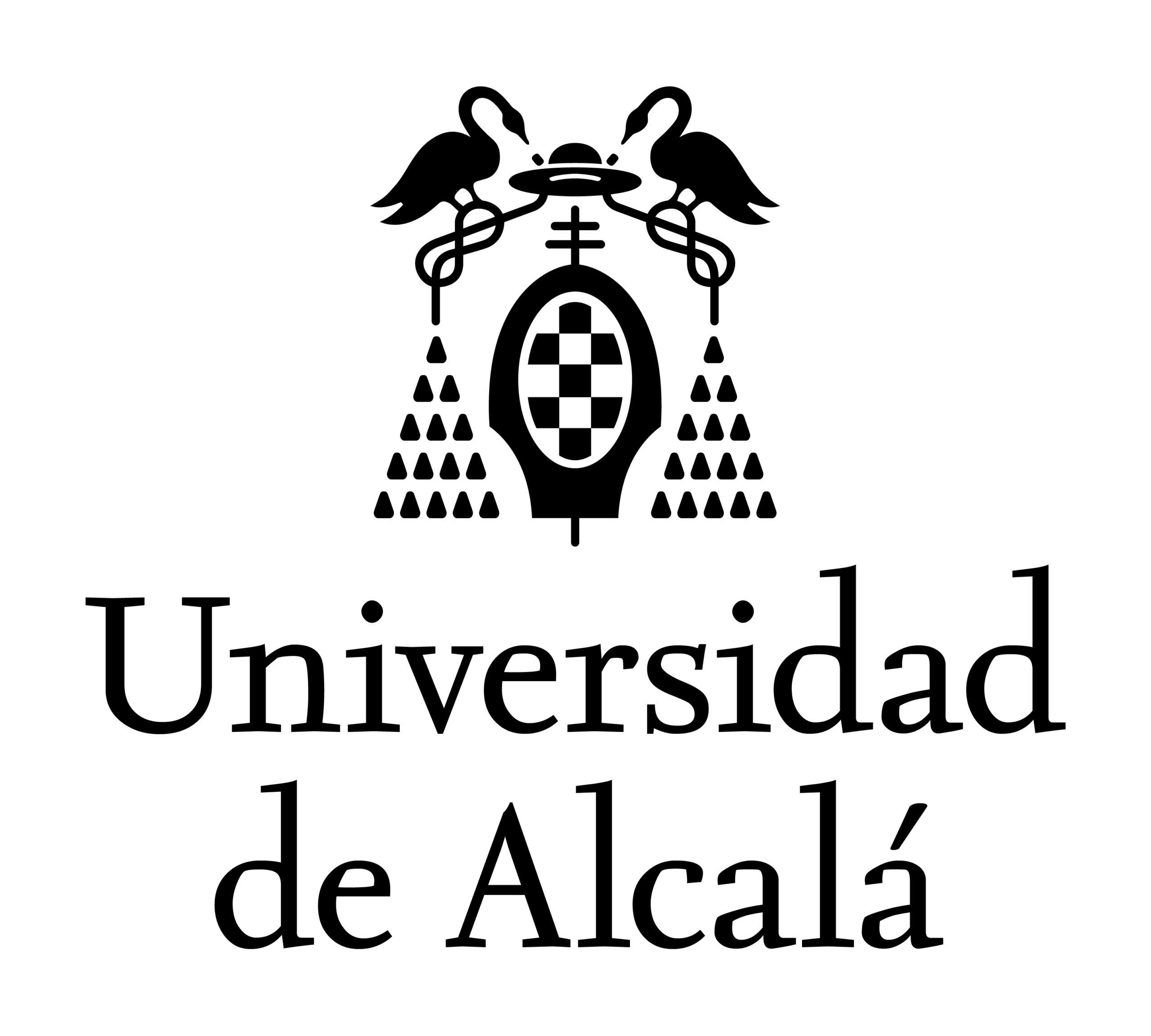By Prof. Dr. Sebnem Burnaz, Istanbul Technical University
In Turkey 99.8% of all businesses are small and medium enterprises (SMEs). These businesses provide 73.8% of the total employment, realise 64.5% of the total turnover of the enterprises in the country and 56.3% of the total exports (www.tobb.org.tr). Although these numbers show the importance of SMEs in the country’s economy, criticisms or complaints about their mismanagement are the subject of many academic studies. So, we found ourselves with mixed feelings while waiting to deliver our project training to our SME participants.
We planned the first meeting face- to-face, and hosted SME representatives at the Advanced Level Entrepreneurship Center run by ITU ARI Teknokent in the technology development zone. The center served as the best location with its cosy and comfortable working environment. After presenting our project aim, we discussed sustainable growth, its relation with organisational culture and management vision as well as leadership approach. Then we let the group explore barriers and drivers in their growth paths using thematic mapping technique. This small workshop let the participants work together and get to know each other from the very first day. We felt very excited with the motivation, dynamism and openness of the participants in joining in group discussions and sharing their experiences. They acted like a team even though they were representing different SMEs.
The bootcamp on the opening day was followed by training and master classes in later weeks around the main topics such as collaboration with clusters and ecosystem, internationalisation, cooperation with universities, financing growth, value of knowledge and talent. We were delighted to witness rich discussions and further inquiries; the participants of SMEs seemed very involved and motivated during each session. The fact that the majority of the group representing early ages of generation Y could be one of the underlying reasons of this involvement and self-confidence in expressing themselves.
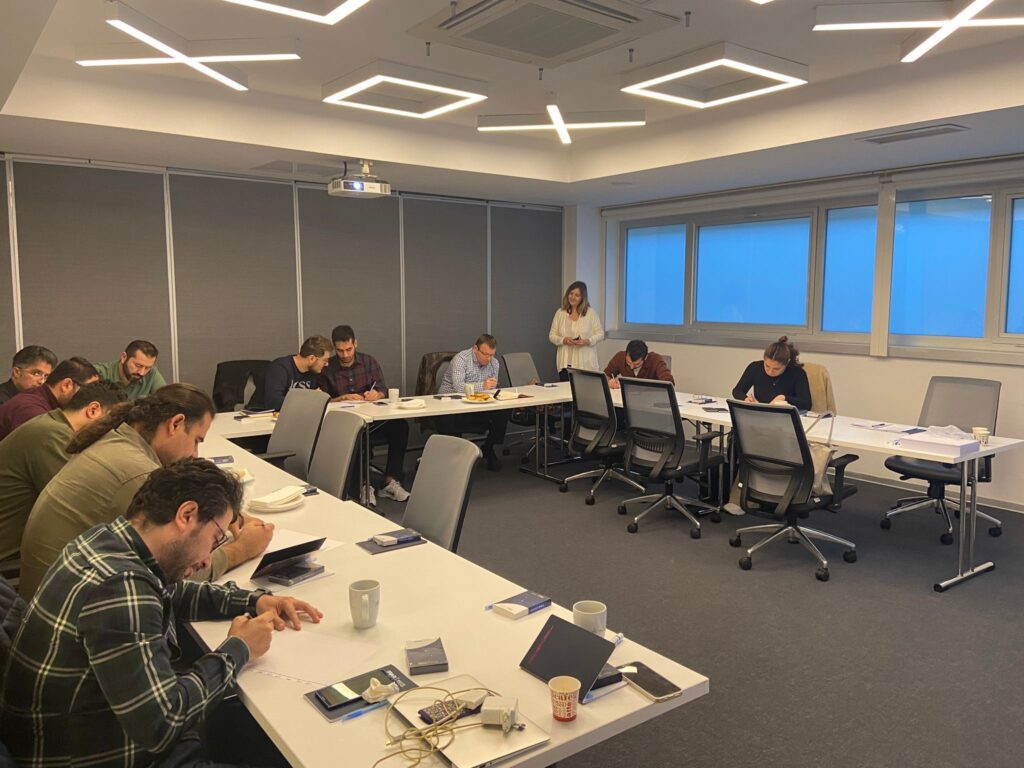
Also, they were working for companies in rising fields such as robotics, smart technologies in agriculture, automation systems, etc. using innovation-based business models. In addition, the participants were either the founders or trusted and empowered employees of the SMEs and some of them were already part of certain clusters and some others had experience in searching and using funding mechanisms. It became apparent that organisations or structures are needed to act as catalyst or boundary spanners in building collaborations between university and company or among SMEs.
As for the main problems put forward in the training period, the participants prioritised access to capital and talent management as critical for the growth of their SMEs. Although they are knowledgeable about the funding mechanisms, they asserted that SMEs were not as lucky as start-ups to reach certain funds, especially in relation with techno parks. They also admitted that an SME should have good self-awareness and be able to search ways to access funds relevant for its financial structure. All participants believed that the most critical factor is human capital and recognise the importance of skill sets in the growth path of any organisation. They clearly put forward that they want to work with smart managers, feel valuable, and add value to their job.
To learn more about the work ITU has done with SMEs in Turkey visit our Resources page, where you can download case studies and Regional Growth Needs Analysis reports.
